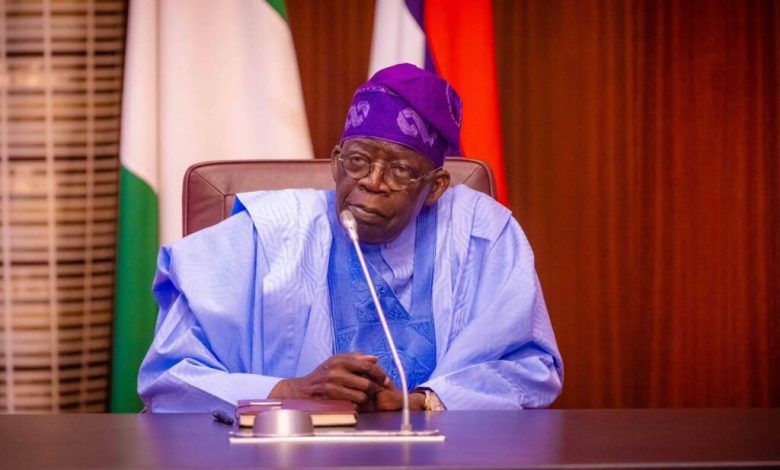
In a significant stride toward electoral reform, President Bola Ahmed Tinubu has officially sworn in the newly appointed Commissioners of the Independent National Electoral Commission (INEC).
The ceremony, which took place during the Federal Executive Council meeting at the State House in Abuja, marks a pivotal moment in the President’s ongoing commitment to strengthening Nigeria’s democratic institutions.
The event began with a welcoming address by the State House Director of Media and Publicity, Mr. Abiodun Oladunjoye, before the new commissioners took their oaths of office.
The fresh faces in the INEC leadership include Mallam Tukur Abdulrazaq Yusuf, representing the Northwest, and Professor Sunday Nwambam Aja, representing Ebonyi State.
President Tinubu also swore in two esteemed new members of the Code of Conduct Bureau (CCB): Ikpeme Kenneth Ndem, representing Cross River State, and Hon. Justice Buba Ibrahim Nyaure (Retd.), representing Taraba State.
The ceremony was attended by key government figures, including the Chief of Staff to the President, Femi Gbajabiamila; the Secretary to the Government of the Federation, Senator George Akume; and the National Security Adviser, Mallam Nuhu Ribadu.
Additional cabinet members present included Finance Minister and Coordinating Minister of the Economy, Wale Edun; Budget and Economic Planning Minister, Atiku Bagudu; and Information and National Orientation Minister, Mohammed Idris.
In a related development, the Federal Executive Council, in its meeting on May 5th, approved the groundbreaking “Nigeria First” economic policy.
This initiative seeks to prioritize the use of locally manufactured goods and services in all government procurements, underscoring the administration’s resolve to foster economic self-sufficiency and local industry growth.
These strategic appointments and policy advancements not only highlight President Tinubu’s unwavering dedication to electoral integrity but also signal a robust commitment to strengthening the nation’s economic foundation, setting the stage for transformative reforms.





